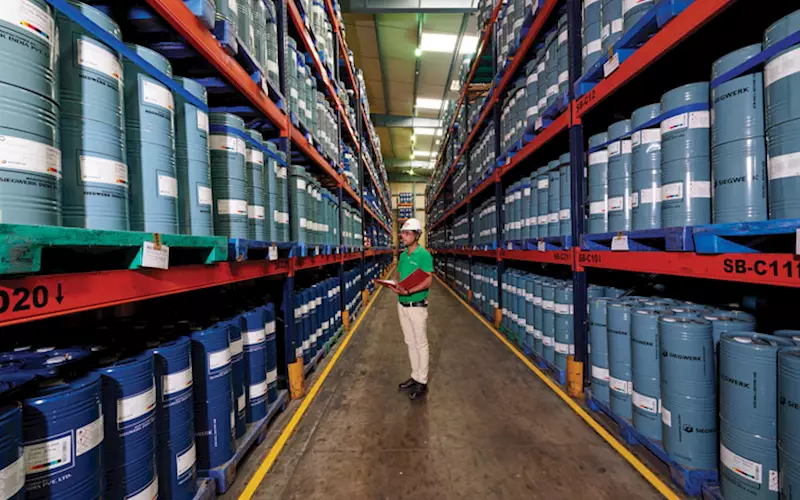Siegwerk joins hands with APK to boost packaging recyclability
Ink major Siegwerk and developer of recycling technology, APK, have collaborated to work on the optimisation of plastic packaging recyclability.
16 Oct 2019 | By Abhishek Muralidharan
Klaus Wohnig, spokesman of the board of APK, said, “Plastic recycling is a complex topic. It cannot be solved by one industry player or one sector of industry. Hence, this partnership will be vital to address the current discussions in the public that is primarily focused on the challenges of how industry can establish a sustainable circular economy for plastics in the shortest time possible.”
According to Siegwerk, it will use this platform to understand the possibilities of recycling and be ready to take new approaches to increase recyclability through APK. Meanwhile, APK will use Siegwerk’s help to address the challenges caused by printing inks in their recycling process. “Printing inks, pigments, and organic residues from post-consumer waste represent a challenge when it comes to manufacturing a reusable recyclate that is as versatile as possible,” said Wohnig.
Dr Jörg-Peter Langhammer, head of global PSR and sustainability at Siegwerk, said, “Since the recycling rate for products made out of polyolefins was below 40% in Europe in 2017, the industry must address solutions for the recycling of polyolefins to adhere to the goal of improving the recycling rate for plastic packaging by the year 2025 . The main challenge is to manufacture recyclates to a sufficient level of quality allowing them to be reused for the production of high-quality packaging. Majority of recyclates are not suitable for use in packaging and are thus removed from the packaging cycle.”
APK has developed a solvent process that dissolves and cleans the polymer, enabling them to be separated selectively in mixed plastic waste. The output is sorted granulates that can be used to manufacture new products. Meanwhile, Siegwerk is pursuing different approaches for removing printing ink (de-inking) in order to improve the recyclability of the package.
The collaboration aims to meet challenges in plastic recycling that include the segregation of polymeric materials such as polyolefins and printing inks and more importantly making the packaging fit for usage.











 See All
See All